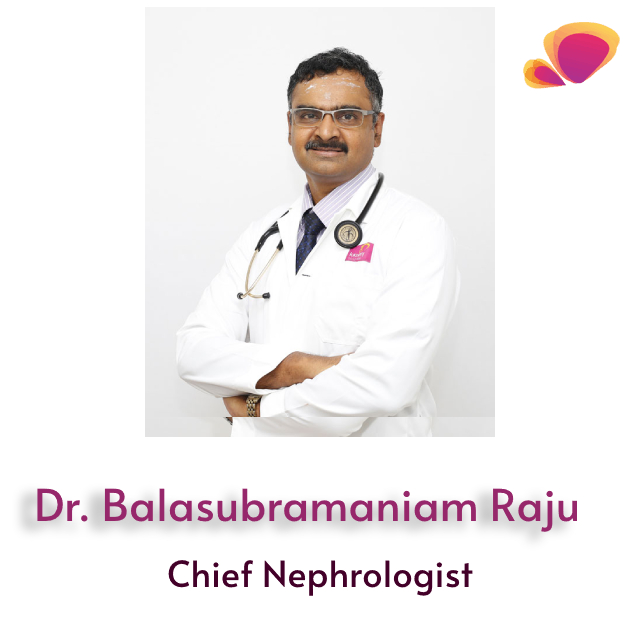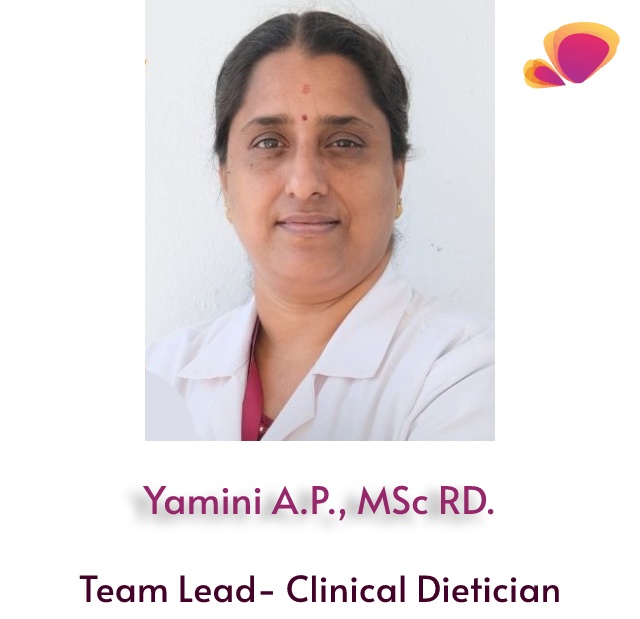Message from Team IMA Chennai Kauvery Alwarpet Branch

Dear colleagues
Greetings and best wishes from IMA Chennai Kauvery.
As suggested by our Executive Director Dr Aravindan, this e-journal will be published in physical form every quarter consolidating the important articles and events of that quarter.
As the world is limping back to normalcy don’t lower your guard and hope we will soon see patients without mask.
This month we have highlighted certain pregnancy related articles, which can be of much value in our clinical practice.
Yours in IMA service,
Dr S Sivaram Kannan
President

Pregnancy is a milestone for any individual.
It is in fact a 9 month period preparing you to fall in love for your lifetime!!
Every mother should take utmost care of oneself during this important time.
This IMA issue focuses on some relevant health issues and tips during pregnancy.
Hope everyone enjoys this issue.
Long live IMA.
Yours in IMA service,
Dr. Bhuvaneshwari Rajendran
Secretary
 Dear friends
Dear friends
I am happy to meet you through our next edition of our IMA newsletter.
We focused on Pregnancy related issues in this journal.
Kindly go through and give your valuable feedbacks.
My thanks to all contributors and to editorial team.
Long live IMA.
With regards
Dr. R. Balasubramaniyam
Editor

Post-Transplant Pregnancy
Renal transplantation rehabilitates the recipient back to a normal lifestyle situation and post-transplant pregnancy is an ideal example for this statement. Chronic kidney disease is associated with irregular menstrual cycles, anovulatory cycles and decreased libido; a successful transplantation normalizes these abnormalities. Pregnancy is definitely advised for a renal transplant recipient with careful monitoring during pregnancy.
Timing of Pregnancy:
Renal transplant recipients are advised to avoid pregnancy for the first year after transplantation, even if the kidney functions are normal.
Read Full Article

Nutrition during Pregnancy
“FEEDING SMART RIGHT FROM START”
Nutrition in adequate amounts and food quality is important during pregnancy to ensure optimal growth outcome, offspring development and maternal health. The first 1,000 days of a child’s life – the period between conception and up to 2 years represents a once in a lifetime opportunity to lay the groundwork for optimum health, growth, and neurodevelopment throughout the child’s lifespan. While all nutrients are necessary for brain development and function, optimal overall brain development is dependent on providing adequate amounts of key nutrients during specific sensitive periods during the first 1,000 days. Protein, polyunsaturated fatty acids, iron, zinc, copper iodine, choline, folate, and vitamins A, B6, and B12 are especially important. Iron is an example of the importance of adequate nutrition during specific stages of brain development to ensure the full developmental potential is reached.
Read Full Article

Pregnancy Gingivitis
Definition
Gingiva is the part of the oral mucosa that covers the alveolar processes of jaws and surrounds the neck of teeth. Gingivitis is an inflammation of the gingival tissue, characterized by areas of redness, bleeding and swelling. Gingivitis is limited to the gingival epithelium and connective tissue. Gingivitis is usually caused by the accumulation of plaque around the teeth. Other causes could be drug-induced, systemic conditions, local trauma, genetic or developmental disorders, etc.
One common form of gingivitis, seen in 60% – 70% of women, is pregnancy gingivitis. Gingival inflammation associated with pregnancy has been initiated by dental plaque and exacerbated by endogenous steroid hormones.
Read Full Article

Acute Fatty Liver of Pregnancy
Acute fatty liver of pregnancy is a rare obstetric emergency that is characterised by maternal liver dysfunction and fetal complications, leading to death.
Who Is at Risk?
Patients with prior episode of acute fatty liver of pregnancy, low body mass index, malnutrition, pre-eclampsia, fetal male sex and multiple gestations are found to have an increased risk of developing this condition.
What Is the Pathogenesis?
The development of acute fatty liver of pregnancy is considered to be due to the defects in the metabolism of fatty acids.
Read Full Article

Asthma In Pregnancy
Introduction:
Asthma is a common condition affecting approximately 8% of pregnant women. Epidemiological evidence demonstrates that the course of asthma during pregnancy is variable and unpredictable, with approximately one-third of women experiencing an improvement, one-third experiencing a worsening, and one-third having no changes in asthma symptoms. It is also apparent that poor control of maternal asthma leads to increased risk of adverse maternal and fetal outcomes. Because of these risks and the unpredictable course of asthma symptoms, it is especially important to provide appropriate monitoring and management of the asthmatic patient throughout pregnancy.
Read Full Article

Amniotic Fluid Embolism in a C-Section : A Rare Life-Threatening Complication
Case Report
A 33-year-old female, G4 P1 L1 A1 E1 36 weeks + 5 days, approached our hospital with mild pain. She had been planned for normal vaginal delivery and later decided for emergency LSCS in view of slow progression and maternal exhaustion. Patient had history of hypothyroidism and gestational diabetes mellitus which was under control. Preoperatively, patient was hemodynamically stable and proceeded with sub arachnoid block. Baby was delivered; to follow, placenta with membranes were removed. Immediately after removal of placenta, patient developed cough followed by breathlessness, hypoxia, hypotension and tachycardia.
Read Full Article

Gestational Diabetes Mellitus – Diabetes Begets Diabetes
Introduction
Pregnancy induces progressive changes in maternal carbohydrate metabolism. As pregnancy advances, insulin resistance and diabetogenic stress due to placental hormones necessitate compensatory increase in insulin secretion. When this compensation is inadequate, gestational diabetes develops.
Gestational diabetes mellitus (GDM) is defined as hyperglycaemia first recognised during pregnancy. GDM is not only related to perinatal morbidity but also to an increased risk of diabetes and cardiovascular disease in the mother in later life and to childhood obesity in the offspring.
Read Full Article


